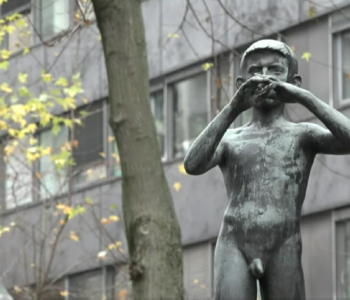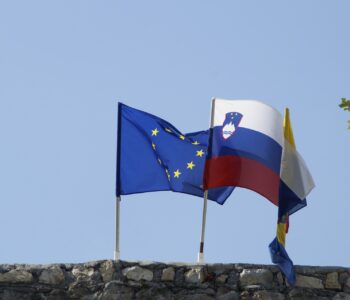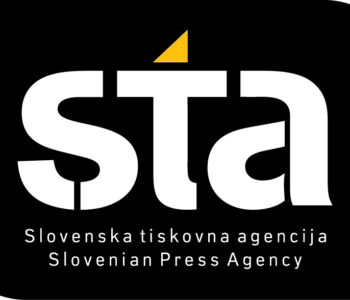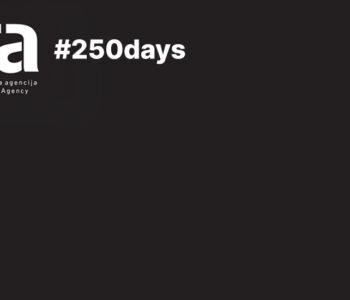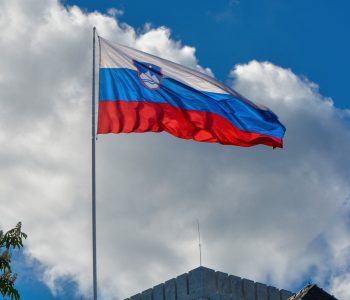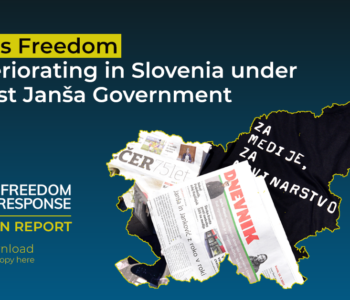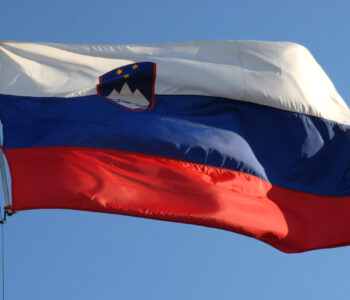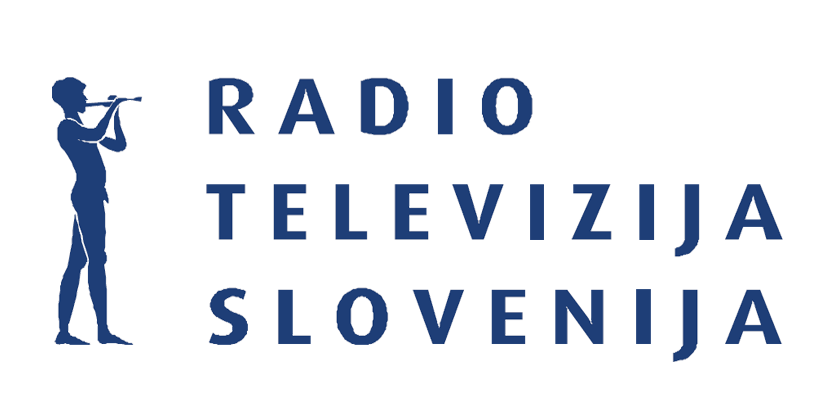 Library
Library
Slovenia: Media freedom groups welcome court ruling on RTV…
Slovenia: Media freedom groups welcome court ruling on RTV SLO reform
The undersigned members of the Media Freedom Rapid Response (MFRR) today welcome the decision of the Slovenian Constitutional Court to approve the passing of amendments to the law on Radiotelevizija Slovenija (RTV SLO) and give our support to current efforts to depoliticise the public broadcaster.
Our organisations believe this ruling offers the necessary conditions for RTV SLO to finally unwind the capture of the broadcaster under the previous government, rebuild its editorial independence and carry out its public service mission free from political interference and institutional destabilisation.
On 29 May 2023, the Constitutional Court lifted a temporary suspension which had blocked implementation of amendments to the Act on RTV Slovenia, which had previously been passed by the new coalition government in July 2022 and then approved via a referendum in November.
The reform restructures the management of RTV SLO from the two current governing councils into a single, 17-member decision-making body. Appointments to this new Council of RTV will now be made by representatives of civil society and RTV SLO employees, rather than the National Assembly. This body will then appoint a four-member board to run the broadcaster.
As our organisations outlined in November 2022, these changes represent a principled revision of outdated legislation, which if properly implemented should enable the depoliticisation of the broadcaster and limit the ability of any government to use its parliamentary majority to interfere in RTV SLO’s management.
Such institutional safeguards could not come soon enough. The broadcaster has been driven into a period of crisis and is now beset by a staffing crisis, serious financial challenges, internal divisions and plummeting public trust. Historical issues were exacerbated during the previous government, which sought to exert greater control over news programming and appointed political allies to management, with damaging consequences for media freedom.
While rebuilding the trust and viewership lost in recent years and increasing professionalism will be no easy tasks, the enforcement of the new law offers a turning point in the modern history of RTV SLO and creates the legal framework in which to do so. The new management, when appointed, will take on a heavy responsibility to oversee positive change and rebuild credibility.
Priority must be given to finding a sustainable financial model for funding the broadcaster’s work, rehiring the next generation of journalists, and establishing the smooth functioning of the editorial teams and newsrooms. The demands of those RTV SLO union staff who continue their strike demanding editorial autonomy and better working conditions must be settled.
A period of stability is required to allow such a transition and rebuilding program to take place. We urge the acting Director General to work in a constructive manner with the new council as it begins the process to appoint new management. We further urge all parties to respect the court’s decision and create an enabling political climate for the stabilisation of RTV SLO.
Following protests outside the broadcaster’s headquarters in Ljubljana earlier this week during which RTV SLO staff were verbally abused and obstructed, we also call on the current management to review security protocols to guarantee the safety of all journalists and media workers.
Our organisations renew our support for free, independent and professional public service broadcasting in Slovenia and stand beside all those who continue to work towards this democratic value.
This statement was coordinated by the Media Freedom Rapid Response (MFRR), a Europe-wide mechanism which tracks, monitors and responds to violations of press and media freedom in EU Member States and candidate countries.

